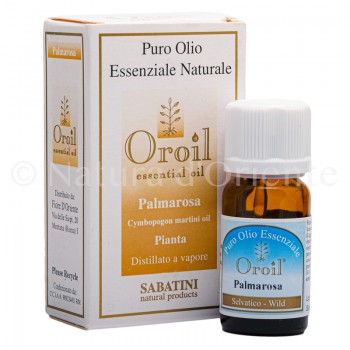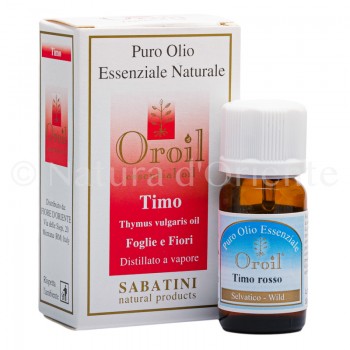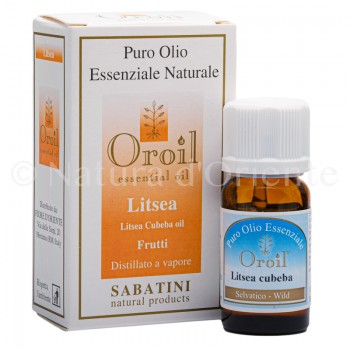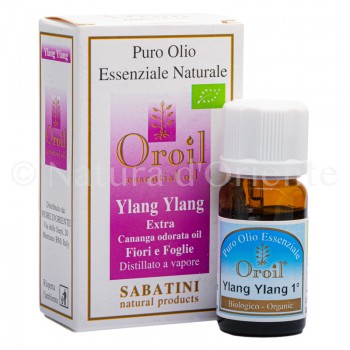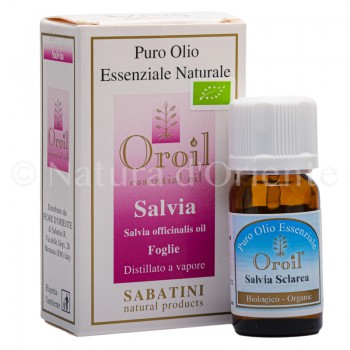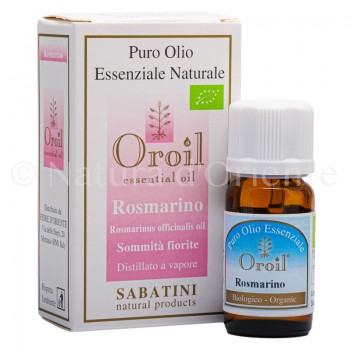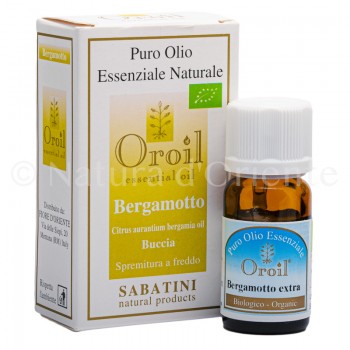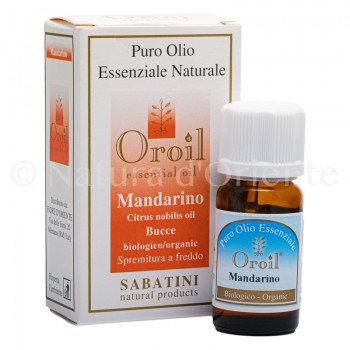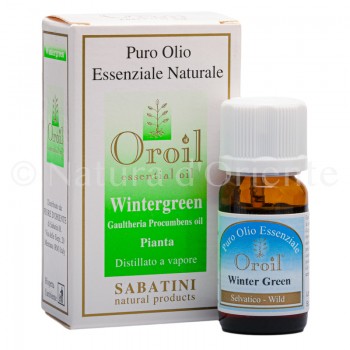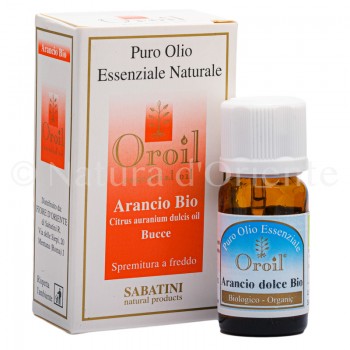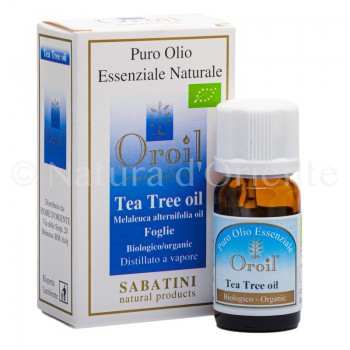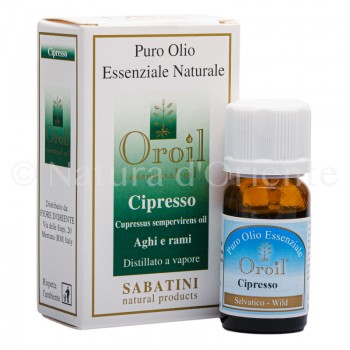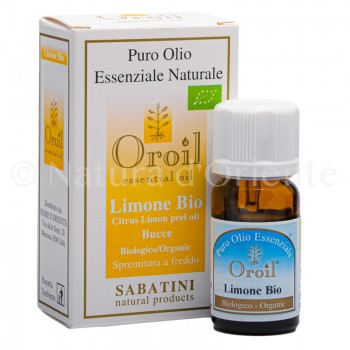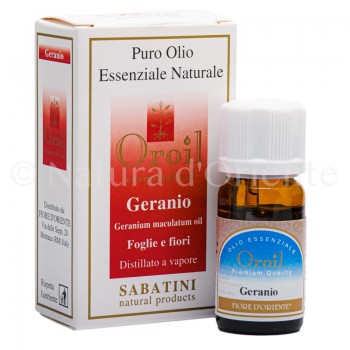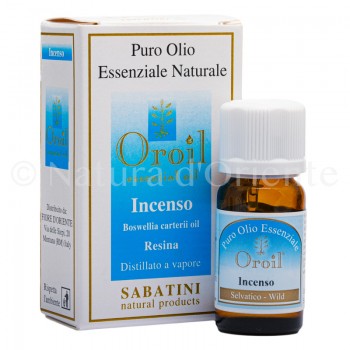Lemon grass essential oil is best known for its antibacterial, antifungal and anti-inflammatory properties. Stimulating properties are attributed to it in aromatherapy.
The plant and the production of essential oil
First of all, let's clarify: are lemon grass and citronella synonyms? It depends, both the Italian and the English terms, in common parlance are used both to indicate all the plants of the genus Cymbopogon (Poaceae family), and some particular species. However, going more specifically, usually in herbal medicine the species Cymbopogon flexuosus is referred to with the name lemon grass, the Cymbopogon nardus with the name of Ceylon lemongrass and the species Cymbopogon winterianus with the name of Javan lemongrass.
In all cases these are herbaceous plants, the Cymbopogon flexuosus from which the essential oil of lemon grass is obtained is however also known as eastern Indian lemongrass, the distribution area includes south-western China, India, Nepal, Myanmar, Thailand . The term flexuosus refers to the appearance of the leaves which are very narrow and long and therefore tend to bend. Compared to other plants of the Cymbopogon genus, Cymbopogon flexuosus is not used in the kitchen and is instead much appreciated in Ayurvedic medicine.
Properties of lemon grass essential oil
Given the close relationship, it will come as no surprise that the properties of lemon grass essential oil are similar to those of citronella, the antibacterial, antifungal and anti-inflammatory capacities. As far as the effects on the psyche are concerned, it has a revitalizing effect, also due to the pleasant fresh scent.
Topical use of lemon grass essential oil
The topical uses of lemon grass essential oil are essentially two: massages for various muscle problems thanks to its inflammatory properties and skin applications against various skin conditions, both mycotic and from viruses and bacteria, but also to fight "simple" acne. As always, we remind you that in any case it should never be used absolute but diluted in modest quantities in massage oils, creams, etc. The quantities are always modest and it is advisable to consult an expert, basically a dozen drops of essential oil in 100 ml of carrier oil are already a fairly high concentration but which should be safe, however the first time it would always be better to first test on a small portion of skin because you could be allergic to one of the many components (and speaking of common allergies, remember that citronella is a grass).
Lemongrass essential oil in aromatherapy
In aromatherapy the pleasant fresh scent contributes to the revitalizing sensation given by lemongrass essential oil, although it is considered a revitalizing it is also recommended to promote rest precisely because the pleasant scent creates a pleasant environment. As often happens, it is instead unwelcome to insects. The methods of diffusion are as usual: a special aromatherapy diffuser if you have one, but when the radiators are on, the humidifier tray is a reasonable alternative.

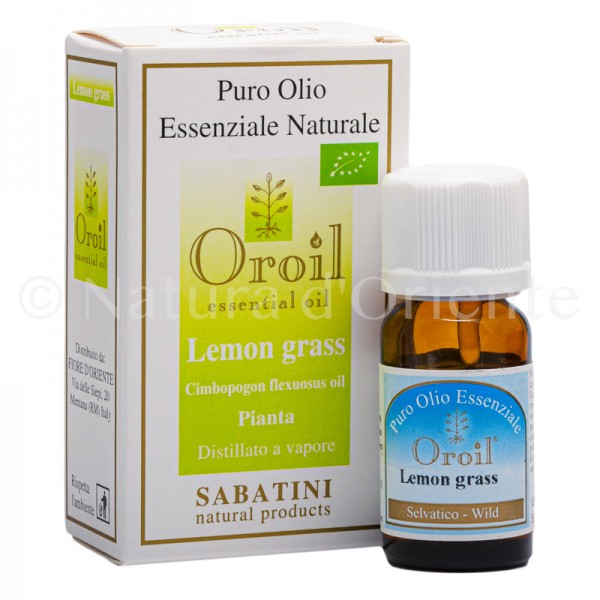

 No reward points for this product.
No reward points for this product.
